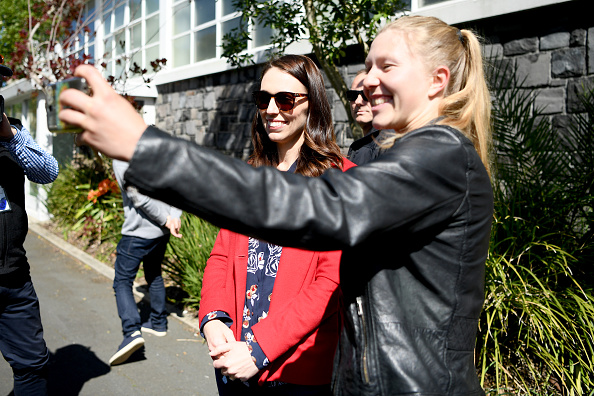
Statistics from the Chief Coroner released earlier this year showed there were 90 suicides recorded in Canterbury from July 2019 to June 2020.
This is the highest number of suicides recorded in any New Zealand region in the space of 12 months since records began in 2007.
Canterbury has also had the highest number of suicides within this 13-year period, with 929 recorded between July 2007 and June 2020.
Speaking to The Star, Ardern said she was confident the Labour Party could turn this troubling trend of Canterbury's around if re-elected.
"It is actually about more than service but actually getting to underlying issues and within Canterbury . . . if basics like your home and your financial situation are in dire straits and you're not getting a resolution, of course, that has an impact on you and it just compounds things, let alone the impact of the quakes. It means actually we have got to look at services but underlying issues as well," she said.
She thought the Government under her leadership had already shown commitment to improving the region's well-being and that what the party was planning to roll out nationally would be beneficial to the region.
"We know that the things we are working on nationally will make a difference here too.
"We have got the suicide prevention office, they are looking at those areas of serious need, particularly when you have an over-representation of Maori, young people and our rainbow community as well."
In 2018, Labour launched the Mana Ake programme across Canterbury, which is aimed at delivering wellbeing and mental health support to children from years one to eight suffering from mental health issues as a result of the earthquakes. Labour now wants to extend the programme nationwide.
In the aftermath of the March 15 shootings, $8.68 million was also given to mental health services throughout the region. This came in addition to the $8.5 million invested in the in response to attacks in the 2019 Budget.
Leading into this month's election, Labour has said it wants to spend $20 million on expanding nurse family partnerships across the country and also $1.6 million to extend the number of respite beds around the country by 12 with there currently being only 25.
Meanwhile, the National Party has pledged $179 million in implementing its "zero suicides strategy" if elected.
This would include establishing the country's first minister for mental health, funding 100,000 free Covid-19 counselling sessions, creating a mental health support package for small to medium businesses and putting additional funding towards methamphetamine addiction treatment.
National's mental health spokesman Matt Doocey said a National-led Government would deliver frontline services sooner than the current one.
"The Government announced $1.9 billion for mental health as part of Budget 2019. But more than 15 months later they’ve only spent $125 million, just under seven per cent," he said.
"It’s easy to make big funding announcements but it’s pointless if they’re not delivered on."
ACT wants to rename the Mental Health and Wellbeing Commission to Mental Health and Addiction New Zealand while giving the agency almost $2 billion a year to fight mental health and addiction issues.
The Green Party wants to expand free counselling to everyone under 25 and work towards extending services to adults and also fund inpatient and community mental health services at all levels to ensure everyone in Aotearoa can access help if they need it.
The Greens have also expressed a desire to improve post-natal mental health services.













